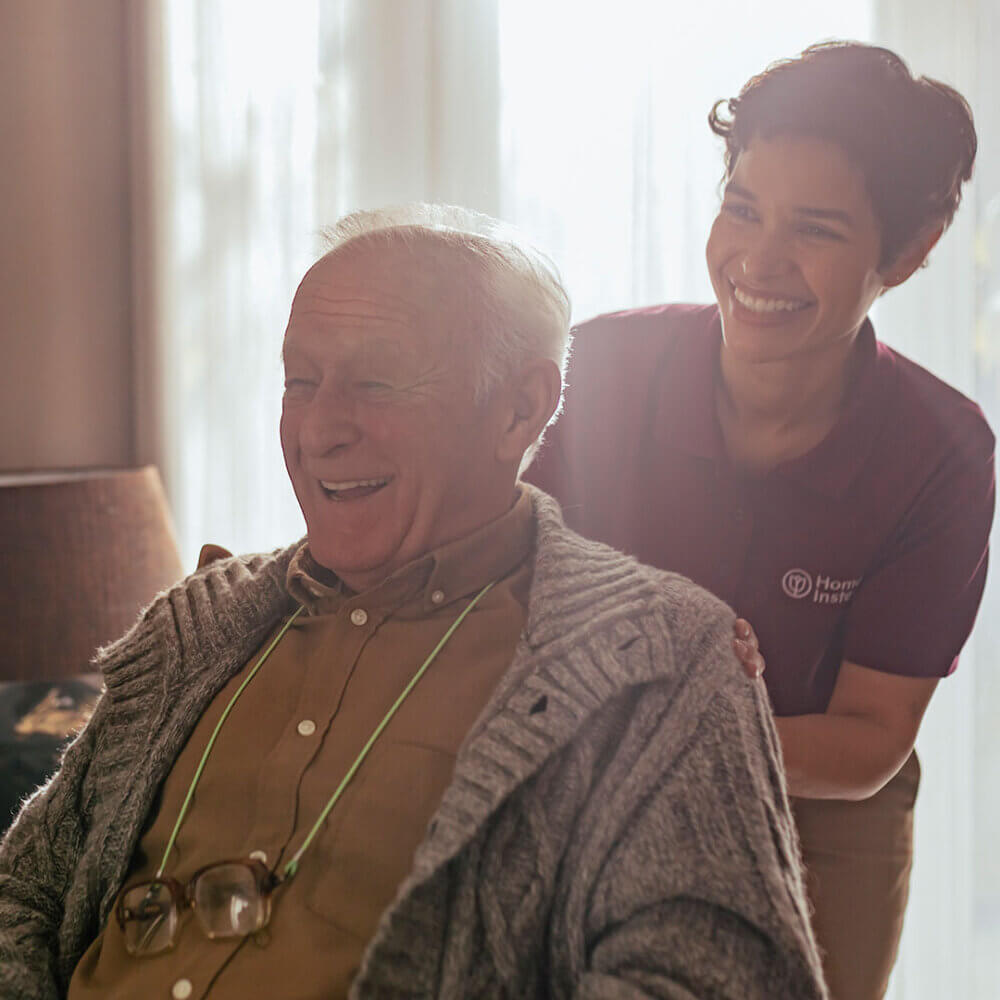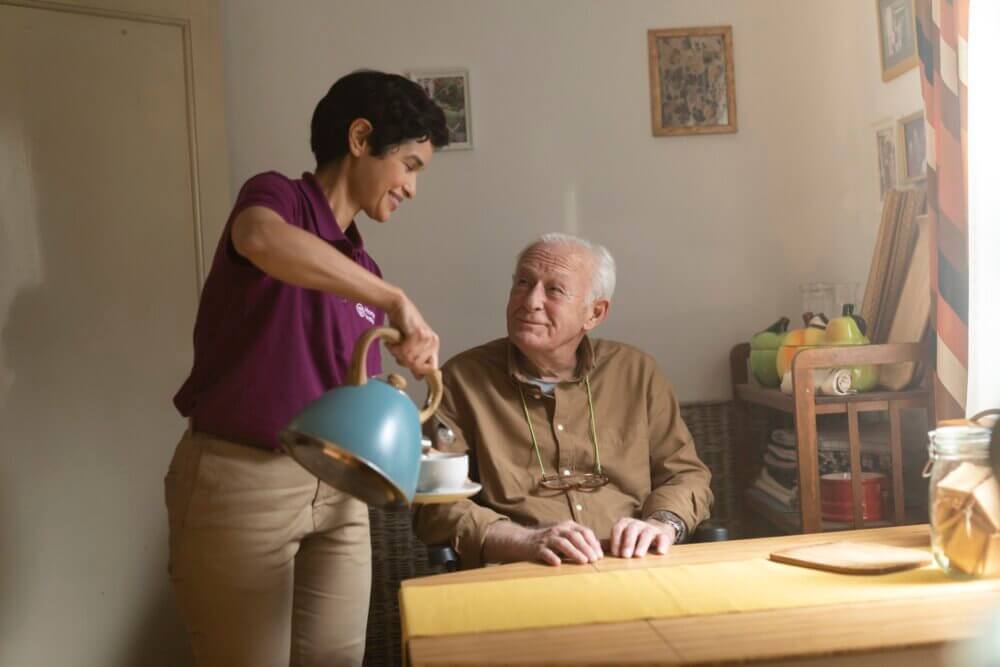Welcome to Senior Snippets!
The monthly advisory column with older members of our community in mind, brought to you by Home Instead Enfield.

As we get older, a hospital stay can be all too common. It’s a great sense of relief being discharged. But it’s important to have a sound discharge plan to ensure a safe return home to keep you or your loved one well and prevent any further hospital admissions.
NHS discharge teams work hard to develop a plan, and that should range from the practical measures to looking at how healthcare needs
can continue to be met. The plan should cover the following areas:
Short-term needs:
The discharge team should ensure that the patient doesn’t go home to an empty fridge. This may mean that they need to speak to family and friends to get supplies in. They should have enough food to keep them going before carers can see to that need. If they’re provided with medication, nurses should make it easy for them to know what medication they should take and when. Otherwise, it can be confusing for them when they’re presented with various boxes containing a range of medications. Blister packs or similar devices might be suitable and available in your area; you should ask if this is an option.
Care assessment:
For some patients being discharged, the care shouldn’t stop when you leave the hospital. The discharge team may assess you for NHS continuing healthcare, meeting your healthcare needs long-term, or assess you for local authority care if they believe you may need help with day-to-day tasks. They should be able to suggest local organisations that can help, whether that’s a full care package or regular prescription collections.
The hospital might be struggling to get access to state funded care. It’s important to know that you may be eligible for direct payments or personal budgets which are funds provided by the council to meet social care needs, and can be put towards alternative community care available. This could speed up the discharge process.
All parties working together:
When the discharge takes place, hospital teams should give families plenty of notice, particularly if the family needs to provide care before a care team takes over. The hospital should also work closely with the care team, especially if specialist care such as catheter care is needed. The ideal scenario is the discharge not taking place until the care package kicks in, to ensure maximum safety.
Onward referrals:
The further support considered as part of discharge plans should include onward referrals for services such as rehab care. Patients, and their families, should not assume that the hospital team has done that, so it’s always worth asking the question before it gets forgotten about.
Transport home: it’s the hospital’s responsibility to organise transport home if the family can’t do so. The discharge team should consider whether the person can get from the car to the house, and even up the stairs to bed if required.
Equipment aids:
If you’re given equipment to aid with recovery, it’s important that not only are you confident using it, but that your carer is too. And the discharge team should consider whether the person will be able to accept the equipment once it’s delivered; it might be that it can only arrive when a carer is home and can let people in.
Supplies:
You might need regular access to products that you rarely or never required before, e.g. incontinence products. Discharge plans should include this.

Areas We Serve
Enfield, Palmers Green, Winchmore Hill, Bush Hill Park, Southgate, Cockfosters, Edmonton, Brimsdown and the surrounding areas
EN1 1, EN1 2, EN1 3, EN2 0, EN2 6, EN2 7, EN3 4, EN3 5, EN3 6, EN3 7, N13 4, N13 5, N13 6, N14 4, N14 5, N14 6, N14 7, N21 1, N21 2, N21 3, N9 0, N9 7, N9 8, N9 9
Unit 22, 26-28 Queensway, Ponders End, Enfield EN3 4SA, UK